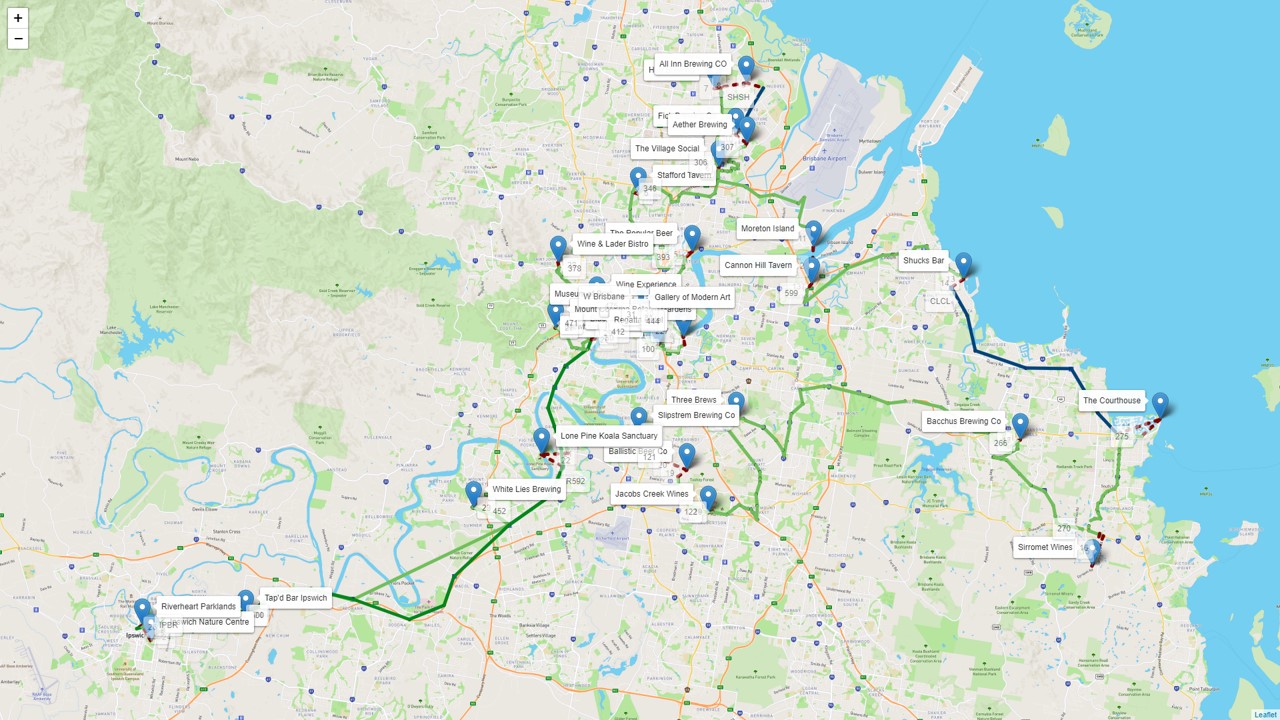Carlos PinheiroDistinguished Data Scientist
Dr. Carlos Pinheiro is a Distinguished Data Scientist at SAS, U.S., and an Adjunct Professor at SKEMA Business School, U.S. Dr. Pinheiro has a B.Sc. in Applied Mathematics and Computer Science, a M.Sc. in Computing and holds a D.Sc. in Engineering from Federal University of Rio de Janeiro (2005). He has accomplished a series of Post-Doctoral research terms in different fields, such as in Optimization at IMPA, Brazil (2006-2007), in Social Network Analysis at Dublin City University, Ireland (2008-2009), in Transportation Systems at Université de Savoie, France (2012), in Urban Mobility and Dynamic Social Networks at Katholieke Universiteit Leuven, Belgium (2013-2014) and in Urban Mobility and Multi-modal Traffic at Fundação Getúlio Vargas, Brazil (2014-1015). He has published several papers in international journals and conferences, is recipient of U.S. Patent, and author of the books Network Science: Analysis and Optimization Algorithms for Real-World Applications (2022, Wiley), Introduction to Statistical and Machine Learning Methods for Data Science (2021, SAS), Heuristics in Analytics: A Practical Perspective of What Influence Our Analytical World (2014, Wiley) and Social Network Analysis in Telecommunications (2011, Wiley).




